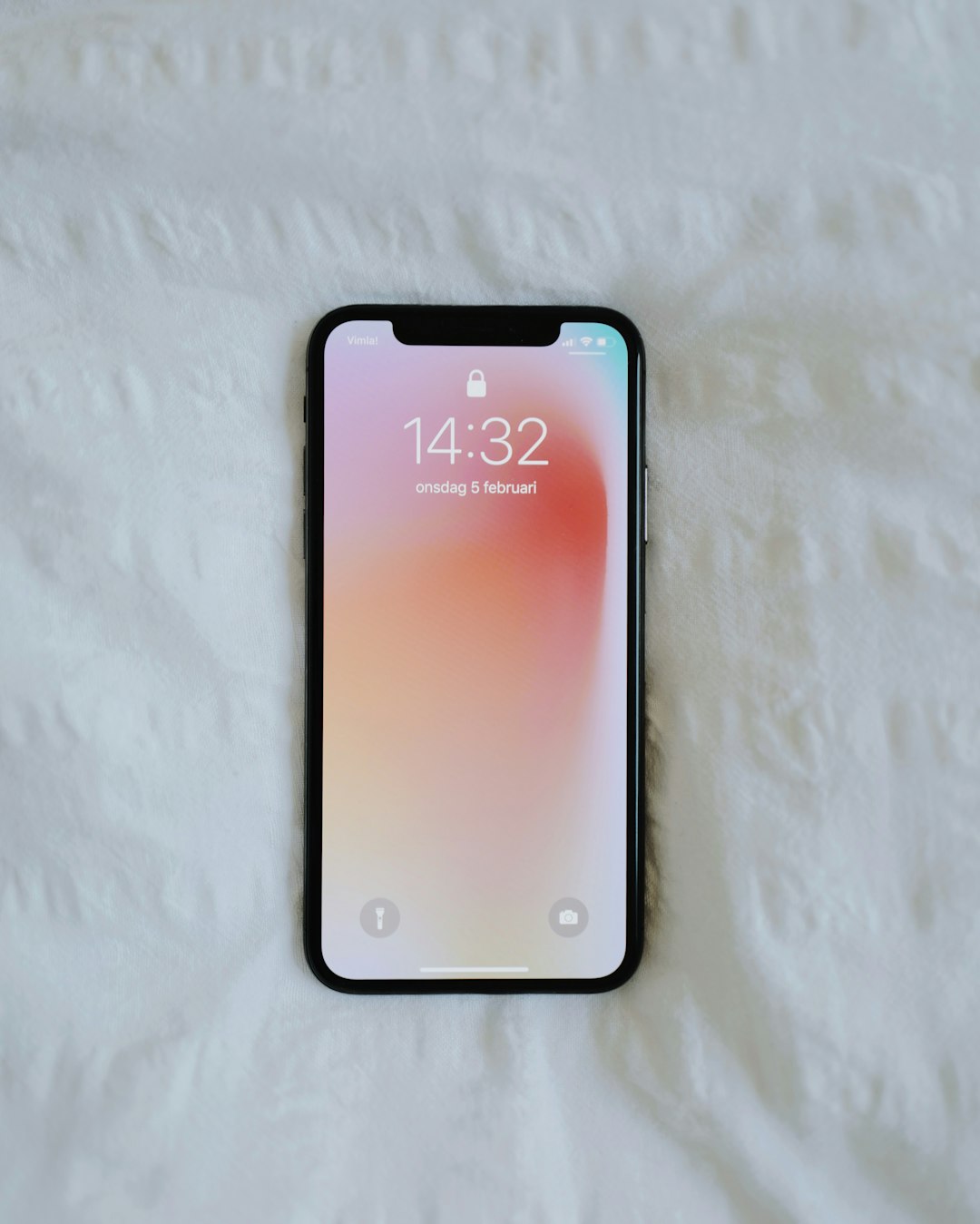In Kentucky, robocalls are a common problem but making them illegal under state and federal laws like the TCPA (Telephone Consumer Protection Act). If you've experienced unwanted automated calls, including pre-recorded messages, you may have legal recourse. "Can I sue for robocalls in Kentucky?" is a question many residents ask. The TCPA allows individuals to seek compensation for privacy violations. After suffering from repeated or harassing calls, consult with a consumer protection lawyer specializing in TCPA litigation to understand your rights and potential damages. Protect yourself by registering on the National Do Not Call Registry and utilizing local laws to combat robocalls.
In today’s digital age, unwanted robocalls have become a prevalent nuisance for Kentucky residents. These automated phone calls, often used for telemarketing or debt collection, can be illegal and intrusive. Understanding your legal rights is crucial when facing persistent robocalls. This article explores Kentucky’s laws surrounding robocalls, including when they cross the line and potential legal recourse for affected residents, even if you want to know: Can I sue for robocalls in Kentucky? Discover practical steps to protect yourself from future invasions of privacy.
Understanding Robocalls and Kentucky Law

Robocalls, automated phone calls that deliver recorded messages, have become a pervasive issue for many Kentucky residents. While some robocalls promote legitimate services or organizations, others are used for fraudulent activities, like telemarketing scams and debt collection attempts. In Kentucky, as in many states, laws have been established to protect consumers from these unwanted and often disruptive calls.
Under Kentucky law, individuals have certain rights regarding robocalls. The state’s Telephone Consumer Protection Act (TCPA) provides restrictions on automated phone calls for marketing purposes. This means that businesses or organizations must obtain prior explicit consent from recipients before initiating such calls. Moreover, Kentucky residents who experience excessive or harassing robocalls may take legal action. If you believe you have been wrongfully targeted by robocalls and want to know if you can sue for compensation, consulting with a legal professional specialized in consumer protection laws is advised. They can guide you through your rights and potential remedies under the TCPA, including damages for each violation of your privacy and silence from unwanted calls.
When Are Robocalls Illegal in Kentucky?

In Kentucky, robocalls can become illegal under certain circumstances. Generally, automated phone calls for marketing or telemarketing purposes are legal as long as the caller has obtained proper consent from the recipient. However, if a resident of Kentucky receives unwanted robocalls, especially those using pre-recorded messages, without prior permission, it may violate state laws and federal regulations.
If you’re asking, “Can I sue for robocalls in Kentucky?” the answer is yes. The Telephone Consumer Protection Act (TCPA) provides legal recourse for individuals who have suffered nuisance or harm due to unsolicited phone marketing calls. If you’ve been experiencing frequent, unwanted robocalls and wish to take action, consulting with a legal professional specializing in consumer protection can help determine your options, including the possibility of seeking compensation through litigation.
Legal Recourse for Kentucky Residents: Can You Sue?

In Kentucky, as in many other states, robocalls have become an increasingly common nuisance. While state laws offer some protections against unwanted calls, such as requirements for callers to identify themselves and opt-out mechanisms, they may not always be sufficient. If a Kentucky resident feels their rights have been violated by repeated or harassing robocalls, legal recourse is available.
The Telephone Consumer Protection Act (TCPA) provides individuals with a private right of action against companies making unauthorized automated calls. This means that if you can prove the caller was using an automated system to make robocalls and they failed to obtain your prior express consent, you may be able to sue for damages. Consulting with a legal professional experienced in TCPA litigation is advisable to determine the best course of action, including potential monetary compensation for each unauthorized call received.
Protecting Yourself from Future Robocalls

Protecting yourself from future robocalls is an important step after navigating the frustration and legal complexities surrounding unsolicited automated calls. In Kentucky, several measures can help curb this nuisance. One effective strategy is to register your number on the National Do Not Call Registry. This federal list restricts telemarketers from calling residential phone numbers for marketing purposes. Additionally, many states, including Kentucky, have implemented laws specifically targeting robocalls, offering residents legal recourse against unwanted calls.
If you’re considering legal action against a company making robocalls to your Kentucky residence, it’s crucial to understand the potential avenues available. While suing for robocalls is an option, it’s important to evaluate the circumstances and whether the calls violate local or state privacy laws. Consulting with a legal professional who specializes in consumer protection can provide guidance tailored to your situation, especially when considering Can I Sue For Robocalls Kentucky.






